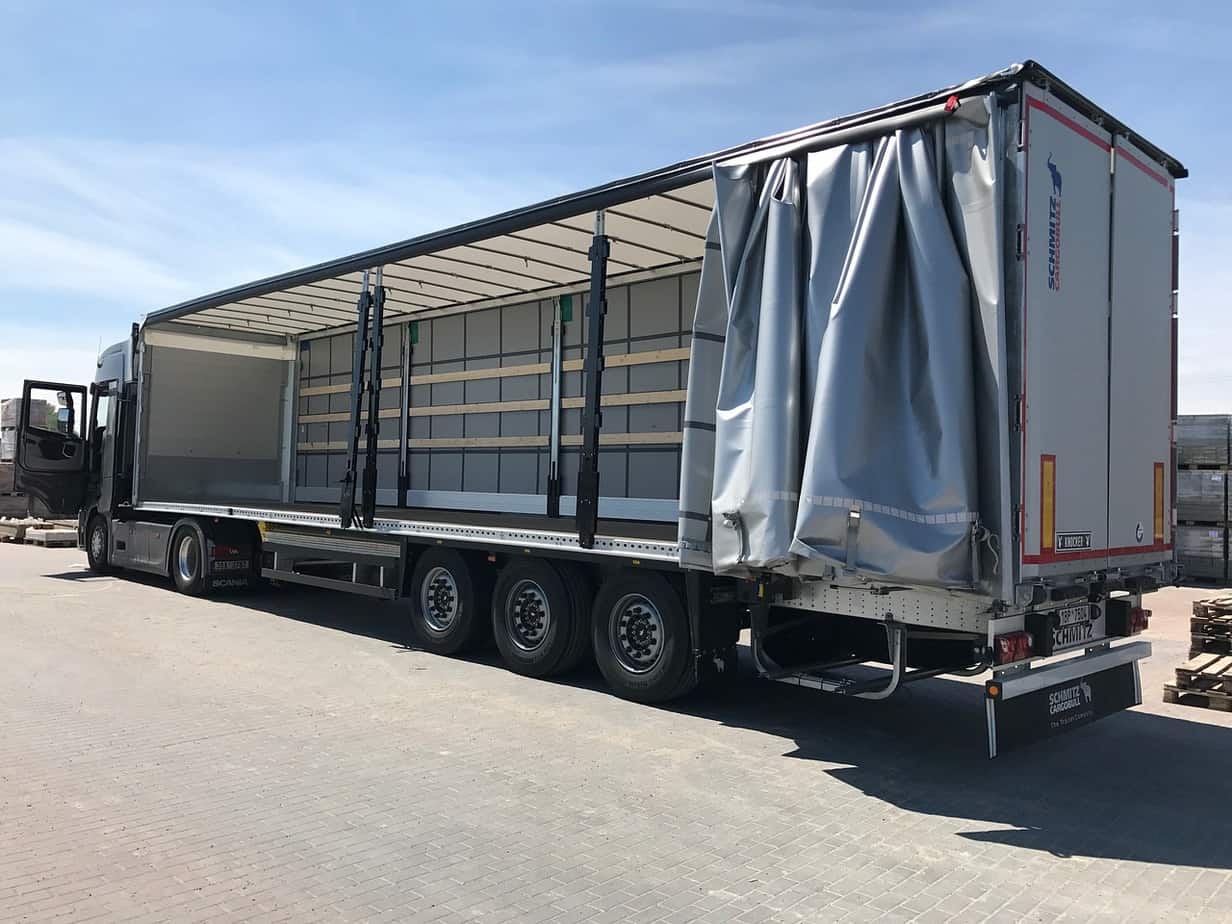
New technologies are an indispensable part of many industries. It is no different in the case of the transport industry. Check how they influence transport and whether it is worth using them!
Digitalization has been the order of the day for national and especially international logistics for years now. The pace of implementation of new technologies and expansion of IT departments in companies determines which companies will develop and which not necessarily. We are talking here, among others, about such facilities as blockchain or already known Internet of Things.
The use of a fraud-proof, distributed database makes it possible to collect key information about the origin of goods. Importantly, even a single ingredient used during the production of a product can thus be reached. This transparency makes the time of paper documents containing information about a commodity go away. Collecting data in the cloud instead of on paper strongly contributes to the convenience of operations. With a few clicks you can find a given product and check its origin, which was not so easy before. Interestingly, it is also possible to track deliveries during transport from the departure of the truck from the logistics center to its destination. This therefore contributes to better transport planning.
New technologies help in finalizing contracts. Entities stationed on different continents can get the two necessary signatures in no time. It used to be impossible. Transportation planning doesn’t have to be done far in advance, waiting several weeks for the other party to agree and sign. Everything happens here and now, often through video calls. This solution makes it possible for the company to get continuity of supply, which is extremely important in this business. This is because downtime is often deadly for a company. Automating contracts is a guarantee of speed and security. There is also no need to hire intermediaries, which reduces costs.
The Internet of Things is a major contributor to more efficient transportation of goods. It is the final stage for data coming from different sources like external devices. It allows to implement the latest technologies in transport, which will record every movement of a truck, ship or plane during the journey. These include GPS tracking, a real-time trailer diagnostic device, a temperature and humidity sensor inside the trailer, a device that records the driver’s behavior – safe and compliant driving, stopping times, and the use of fuel-saving systems. This will translate into creating driver profiles. In this simple way Internet of Things can contribute to easier and faster planning of an appropriate route for a given employee. It will also make his every behavior and the technical quality of the trailer continuously tracked with the help of external devices.
Each of the mentioned technologies strongly contributes to the improvement, more effective management and planning of transport. The mentioned Internet of Things will reduce costs and improve service. Blockchain will be an indispensable element in manufacturing and transportation companies. Online contracting is a necessary step for faster transactions regardless of the business. The logistics industry and transportation planning is growing rapidly. Already today, the introduced solutions allow reducing costs and speeding up deliveries even by a dozen or so percent. Companies that haven’t introduced new technologies yet, are already far behind the biggest tycoons in the industry.
(photo: pixabay.com)